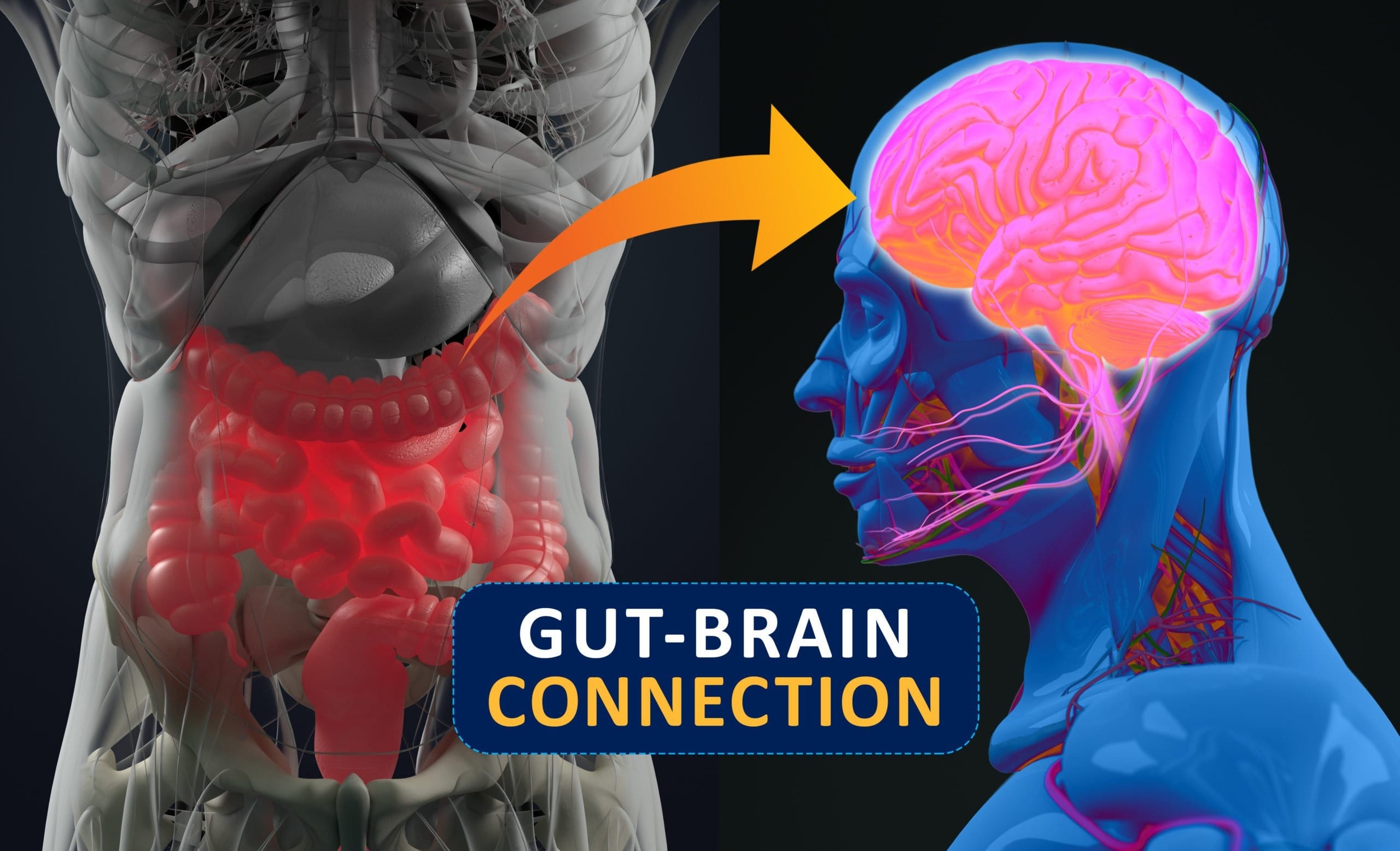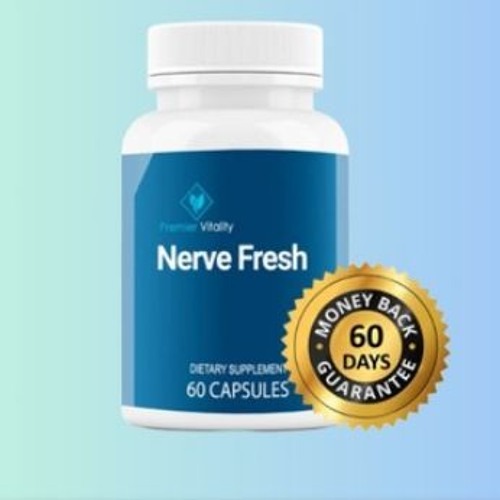In recent years, gut health has taken center stage in the wellness world. From bloating relief to better moods, we’re told our guts hold the secret. But with a flood of gut health supplements—probiotics, enzymes, fiber blends, and even superfoods like moringa—many are asking: Do gut health supplements really work?
Let’s explore the science, the hype, and what actually works for a healthier digestive system.
What Are Gut Health Supplements, Really?
Gut health supplements are products designed to support digestion, reduce inflammation, and improve the balance of gut bacteria (your microbiome). They come in various forms—capsules, powders, gummies—and include ingredients like:
- Probiotics: Live bacteria that benefit the gut
- Prebiotics: Fiber that feeds good bacteria
- Digestive enzymes: Help break down food
- Herbal extracts and superfoods: Like moringa, turmeric, slippery elm
These supplements promise better digestion, less gas, clearer skin, stronger immunity, even mental clarity. But are those claims valid?

The Gut-Brain-Body Connection: Why It Matters
Your gut is home to trillions of bacteria, many of which play essential roles in digestion, immune defense, and even serotonin production. In fact, about 70% of your immune system lives in your gut!
When your gut is out of balance (a condition known as dysbiosis), it can trigger:
- Bloating, gas, constipation
- Skin issues like acne or eczema
- Fatigue or brain fog
- Mood imbalances
That’s why improving gut health sounds like a no-brainer. But does popping a supplement actually help?
What Science Says About Probiotics and Prebiotics
Probiotics are arguably the most popular gut supplement. But research shows their effects can vary depending on:
- The strain (not all probiotics are equal!)
- The dosage (look for 10–50 billion CFUs)
- The person (your existing microbiome matters)
Do They Work?
✅ Yes—for some people, especially those with:
- Antibiotic-associated diarrhea
- IBS or ulcerative colitis
- General digestion issues
But for healthy individuals? The benefits can be subtle or short-lived. Studies suggest many probiotics don’t permanently colonize the gut, especially if your diet is poor.
Pro Tip: Pair probiotics with prebiotics (like inulin or chicory root) for better results.
Digestive Enzymes: For Food Breakdown
Digestive enzymes like amylase, protease, and lipase help break down carbs, proteins, and fats. They can support people with:
- Pancreatic insufficiency
- Lactose intolerance
- Frequent bloating or indigestion after meals
Do They Work?
✅ Yes, when targeted. For example:
- Lactase helps digest dairy
- Bromelain (from pineapple) eases protein digestion
- Papain (from papaya) soothes the stomach
But if your gut already produces enough enzymes? You may not notice a huge difference.
Moringa and Herbal Gut Support: Hype or Help?
Moringa oleifera—also known as the “miracle tree”—has been used for centuries in traditional medicine. It’s rich in antioxidants, fiber, and anti-inflammatory compounds.
Gut Benefits of Moringa:
- Acts as a prebiotic by feeding healthy gut bacteria
- Helps with detoxification
- May reduce inflammation in the digestive tract
- Supports regular bowel movements thanks to its fiber content
Do Herbal Supplements Work?
🌿 Sometimes. While evidence is still emerging, moringa, slippery elm, and ginger have shown promising results in traditional use and early studies. They’re generally safe and may support broader gut health when used consistently.
Can Supplements Replace a Healthy Diet?
Short answer: No.
Supplements are just that—supplements. They’re designed to enhance your health, not replace smart eating habits.
Best Foods for Gut Health:
- Fermented foods: Yogurt, kimchi, kefir
- Prebiotic fibers: Garlic, onions, bananas
- Leafy greens and whole grains
- Plenty of water
Adding supplements without addressing diet is like putting premium gas in a broken-down car. It helps, but it’s not a fix.
What to Watch Out For (Red Flags)
Not all gut health products are created equal. The supplement industry isn’t tightly regulated, so be a smart shopper.
Warning Signs:
- Products with no strain specificity in probiotics
- Over-promises like “cure-all” claims
- Poor reviews or lack of transparency
- High sugar content (especially in gummies)
Always check for third-party testing or certifications.
So… Do Gut Health Supplements Work?
Here’s the truth:
✅ Yes—for the right person, at the right time, and with the right product.
❌ No—if you expect miracles, ignore your diet, or choose low-quality brands.
Think of it like this:
Gut health supplements are tools, not magic pills.
Use them wisely, and they can be incredibly helpful.
Final Takeaway: Listen to Your Gut
Improving gut health isn’t just about taking capsules. It’s about a holistic approach—diet, stress, sleep, and movement all matter.
But when chosen thoughtfully, gut health supplements—from probiotics to moringa—can be a valuable ally in your wellness journey.
✅ Your Action Step:
- Start with one quality supplement, like a daily probiotic or moringa capsule.
- Track how you feel after 2–4 weeks.
- Pair it with gut-friendly foods and hydration.
Want more guides like this? Bookmark this page, share it with a friend, or drop a comment with your questions!



